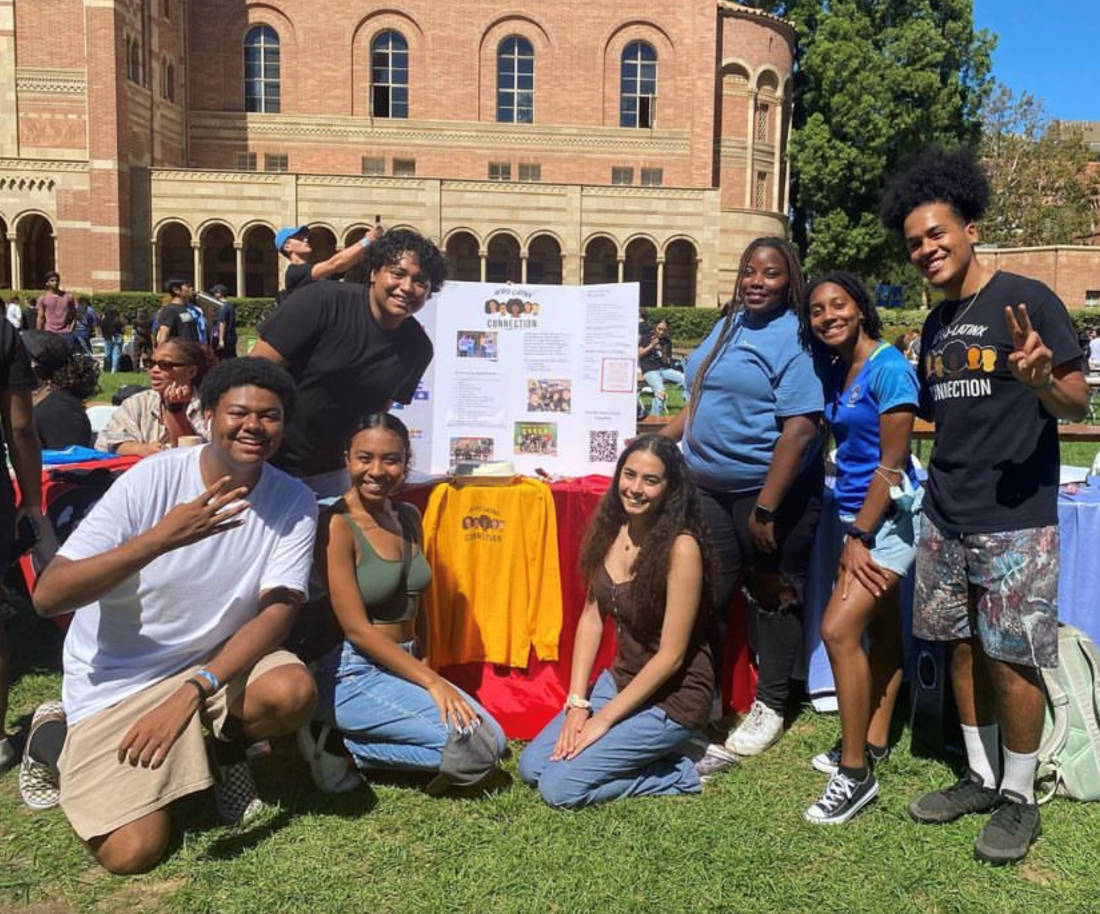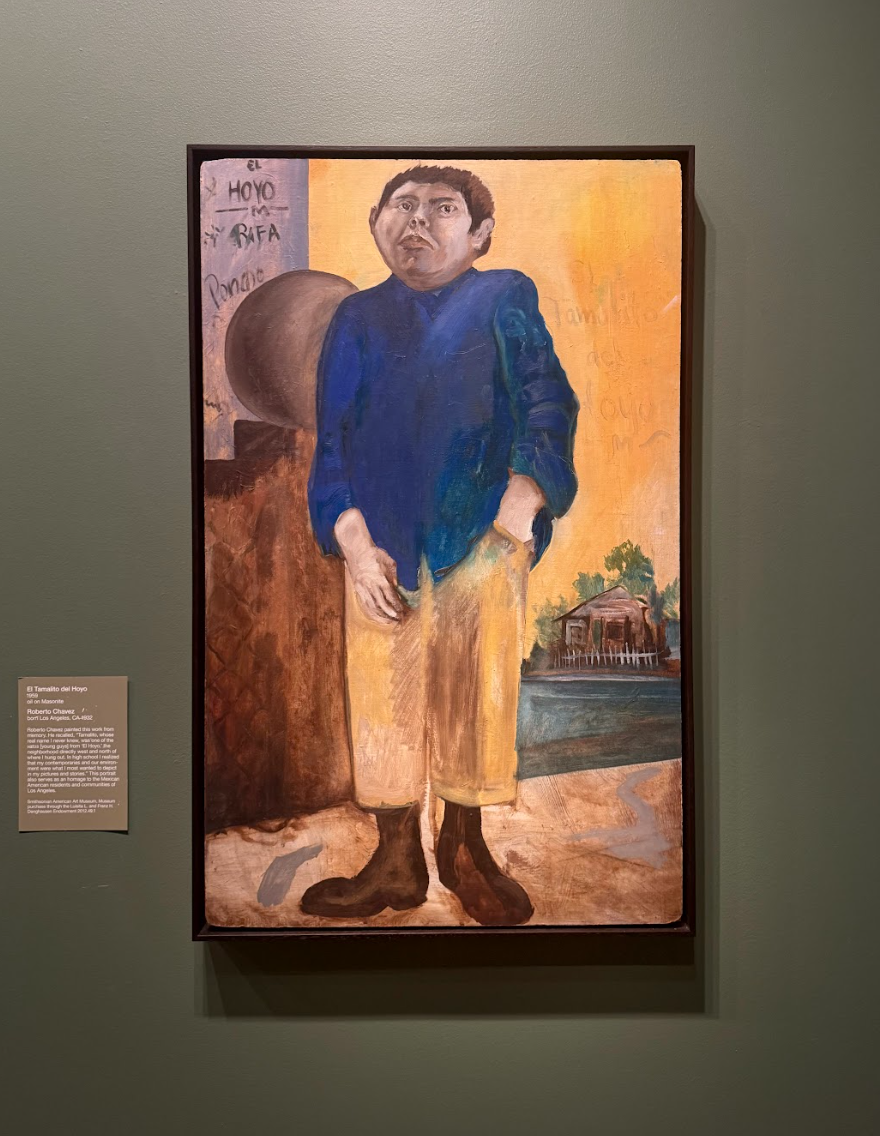I’m Still Here (2024) and Remembering Desparecidos

Graphic designed by Leslie Juan
Academy-Award winning I’m Still Here won Best International Film at the 97th Academy Awards on March 2, 2025. In the film’s native country Brazil, Brazilians were seen celebrating the country’s first film nomination and winning in that category. Brazilian president Luiz Inácio Lula Da Silva shared his gratitude for the film on X, stating “I’m even prouder of being Brazilian.”
The film is adapted from the biographical memoir “Ainda Estou Aqui,” by Marcelo Rubens Paiva, which was released in Aug. 2015. The biography recounts the experiences of himself and his family navigating the traumatic disappearance of his father, Rubens Paiva, in Dec. 1970, in addition to his mother Eunice Paiva’s Alzheimer’s diagnosis. The memoir received overwhelming success in Brazil for its raw portrayal of the Brazilian military coup in 1964. However, it faced criticism by right-wing pundits such as former Brazilian president Jair Bolsanaro, who claimed that the Paiva family had communist affiliations and, on a different occasion, spat on a statue of the late Rubens Paiva.
Directed by renowned Brazilian director Walter Salles, the adaptation centers on the perspective of Eunice Paiva, who was detained in a Brazilian prison alongside her daughter Eliana for several days after the sudden kidnapping of Rubens in their Rio de Janeiro home. Soon after their release, the Paivas spent a several decades-long battle to obtain confirmation of Rubens’ disappearance. It wasn’t until 1996 that both Marcelo and Eunice received their loved one’s death certificate. Still, only in 2025 was it corrected to state Rubens’death as “violent and caused by the Brazilian state.”
The film masterfully depicts the difficult and longing search for acceptance for grieving families, particularly of desaparecidos. The beginning shot of the film is of the elder daughter Vera and her friends being stopped during a traffic stop which echoes the scarring fears of a fascist regime. It’s a guttural worry that students, parents, or anyone can soon become a desaparecido—individuals who have been forced to disappear under an authoritarian regime, particularly in Latin America. The disappearances can stem from involvement with opposing political parties to mere associations with those who the government deem as dangers to the nation.
This eeriness lingers in the minds of many. Hundreds of Brazilians disappeared throughout the regime and many people like Rubens disappeared in the comfort of their home. The political prisoners were then brutally tortured and killed in horrific methods that installed fear into civilians for decades. The Brazilian Truth Commission, a task force created to investigate the crimes committed during the 1964-1985 regime, identified nearly 400 victims of violence perpetrated by the Brazilian state—with many still unidentified to this day. Knowing that the film adaptation was stalled due to the uncertainty of the former Bolsanaro administration, the film’s retelling of the past feels ever so close to viewers today. Currently, students across the United States are receiving revoked visa notices spanning from unknown charges to their involvement with the Palestinian movement, and the arrest of Columbia graduate student Mahmoud Khalil is a prime example of desaparecidos. This scene, alongside Eunice’s torturous interrogations with the Brazilian police, are powerful snapshots of the various desparecidos in Latin America and how it’s repeating here in the U.S.
Eunice’s resilience protected her children from state sanctioned violence, but by extension aided Brazilians who experienced the horrific trauma of the military regime. Though slightly touched on in the film, Eunice went to law school in 1971 and spent her career advocating for Indigenous rights. This, alongside her determination to find her husband Rubens, is forever ingrained into Fernanda Torres’ performance. The film invokes an internal battle within its audience members: how far do their actions justify their circumstances? Who truly decides what is considered justice and liberation?
In an interview with The Talks, Director Walter Salles commends Torres for her performance, saying “reinventions are reinventions done by women who transcend what destiny had in store for them.” This beautifully reflects the evolution of Torres’ performance as an actress and the complexity of expressing grief. “She was not about melodrama,” Salles adds on Torres’ approach for this film and it extends to how audiences interpret Euince Paiva and her legacy as a human rights activist; they let tragedy not define them, but reinvent their truth.
Recently, the film has helped Nilmário Miranda, a former minister and now Special Advisor of the Defense of Democracy, Memory and Truth division for the Ministry of Human Rights in Brazil. The popularity of the film has helped advocate for the various families’ of desaparecidos and their disputed cases, providing closure of the cause of their untimely disappearances. The film has contributed to immense healing for the nation and reminds viewers of the desaparecidos, of the Rubens and Eunices with voices still untold.









